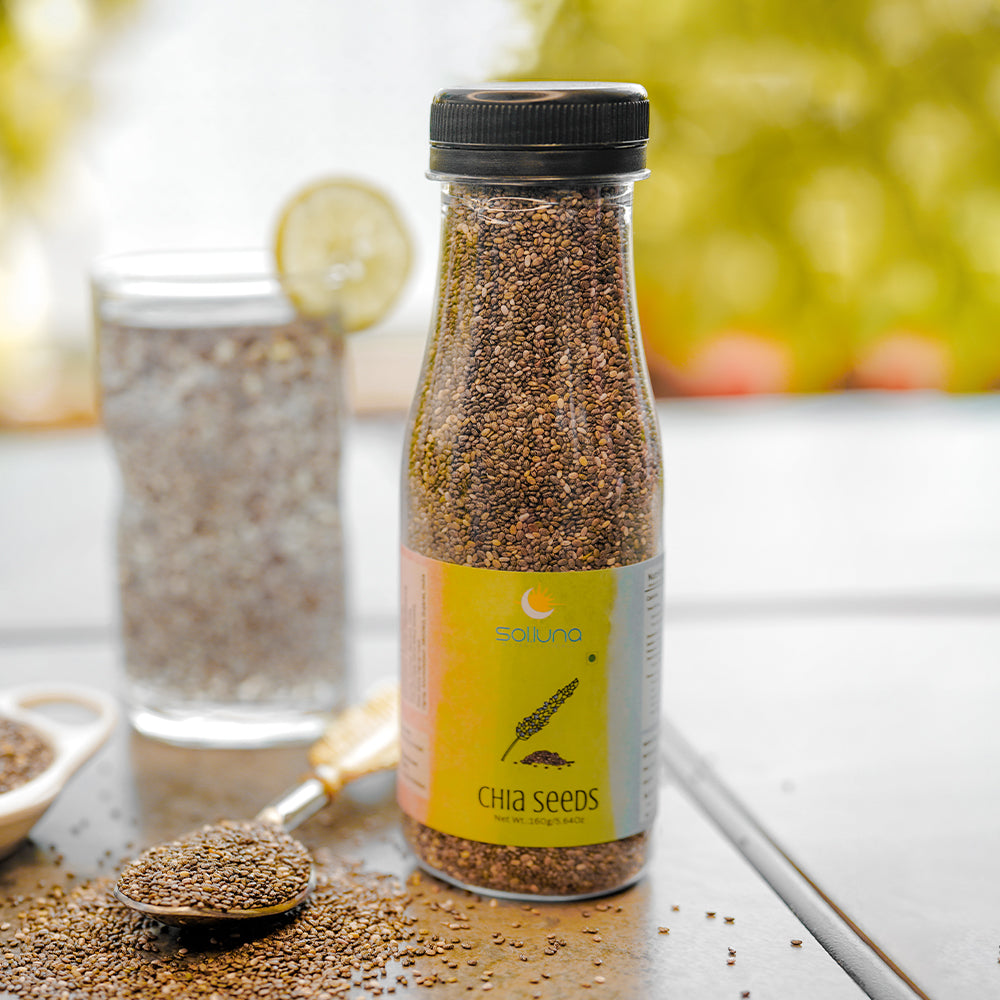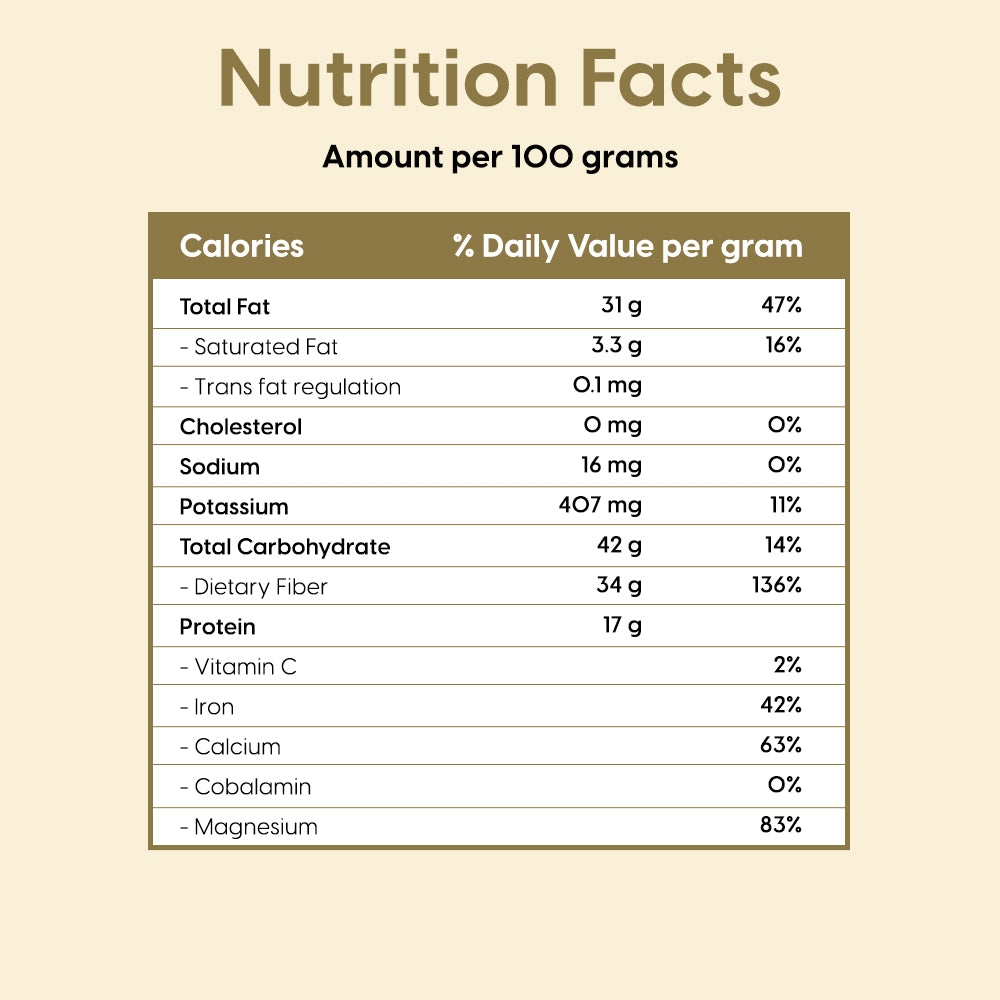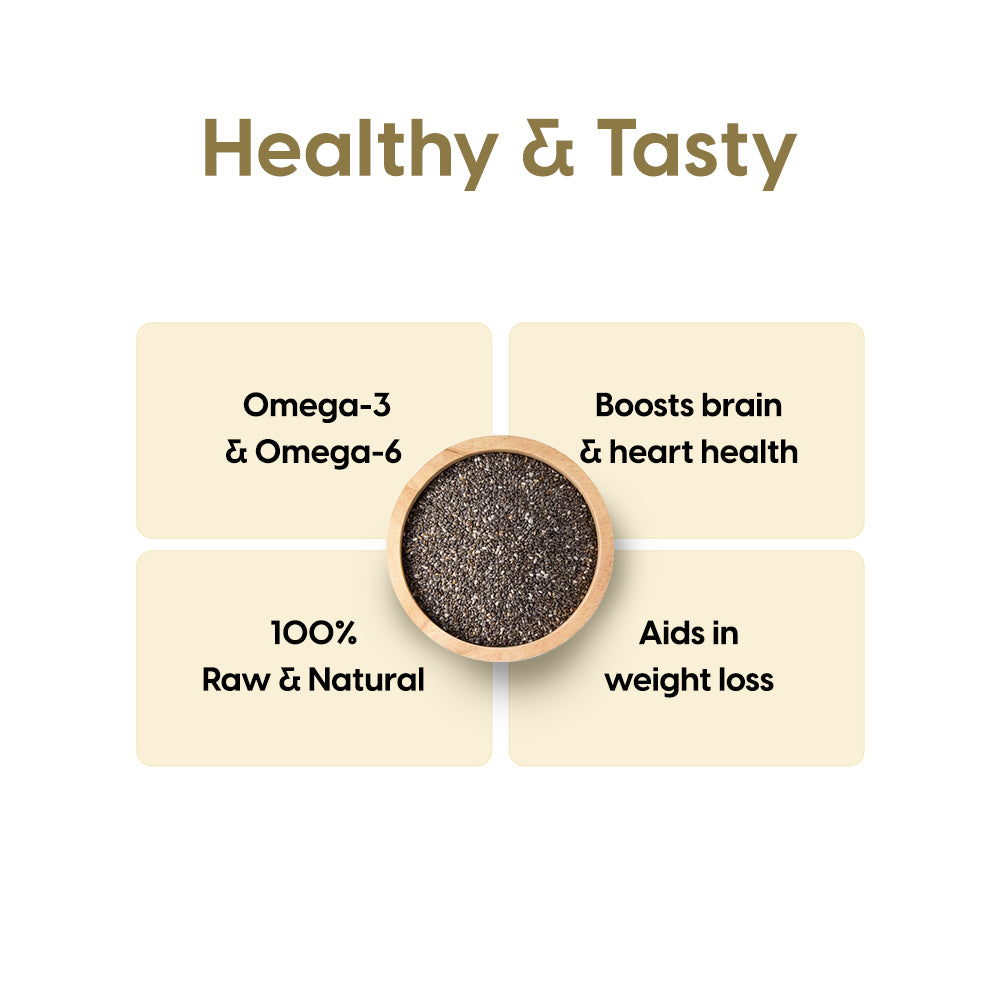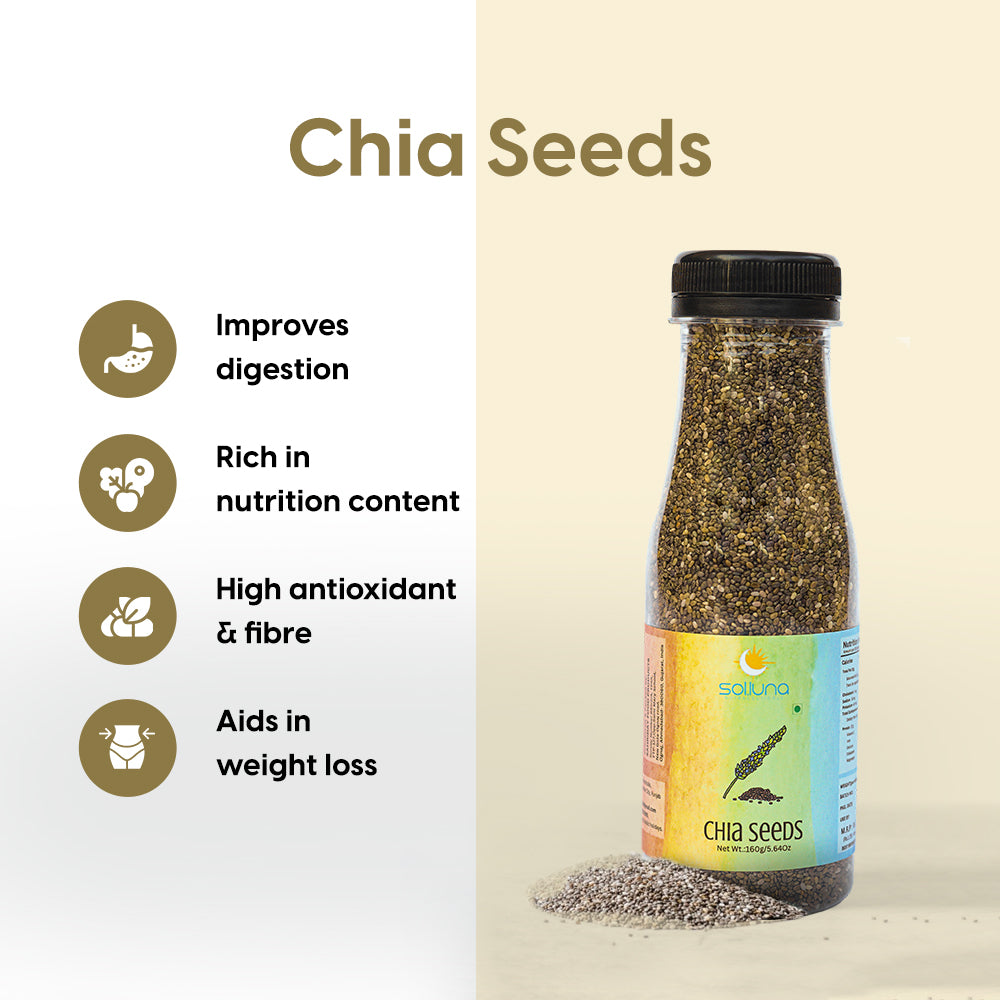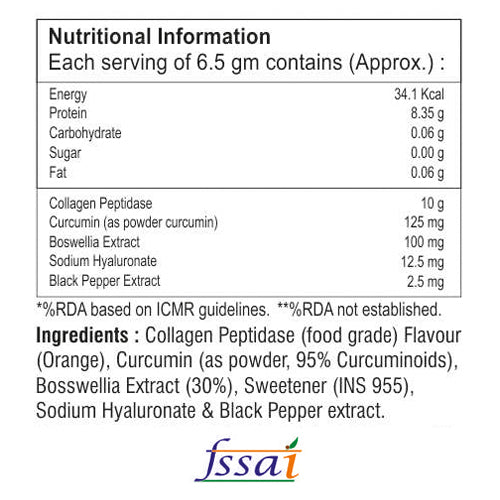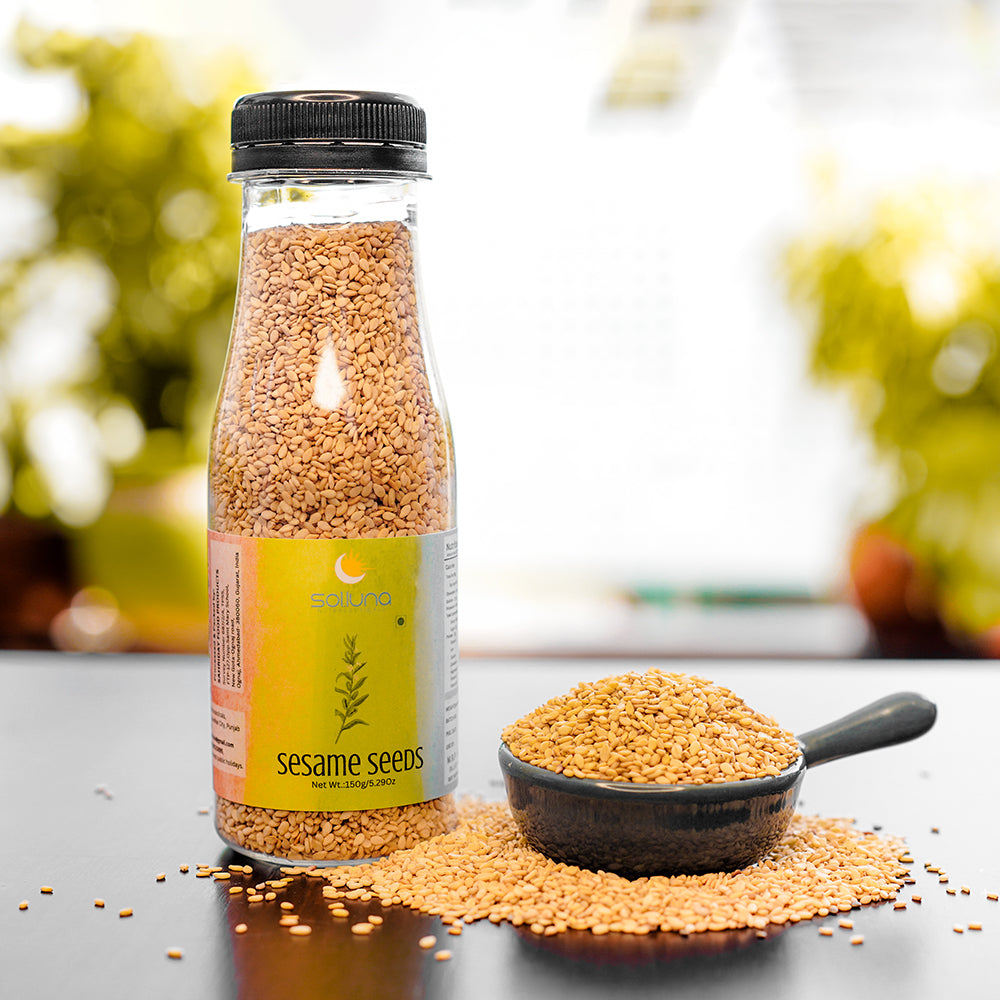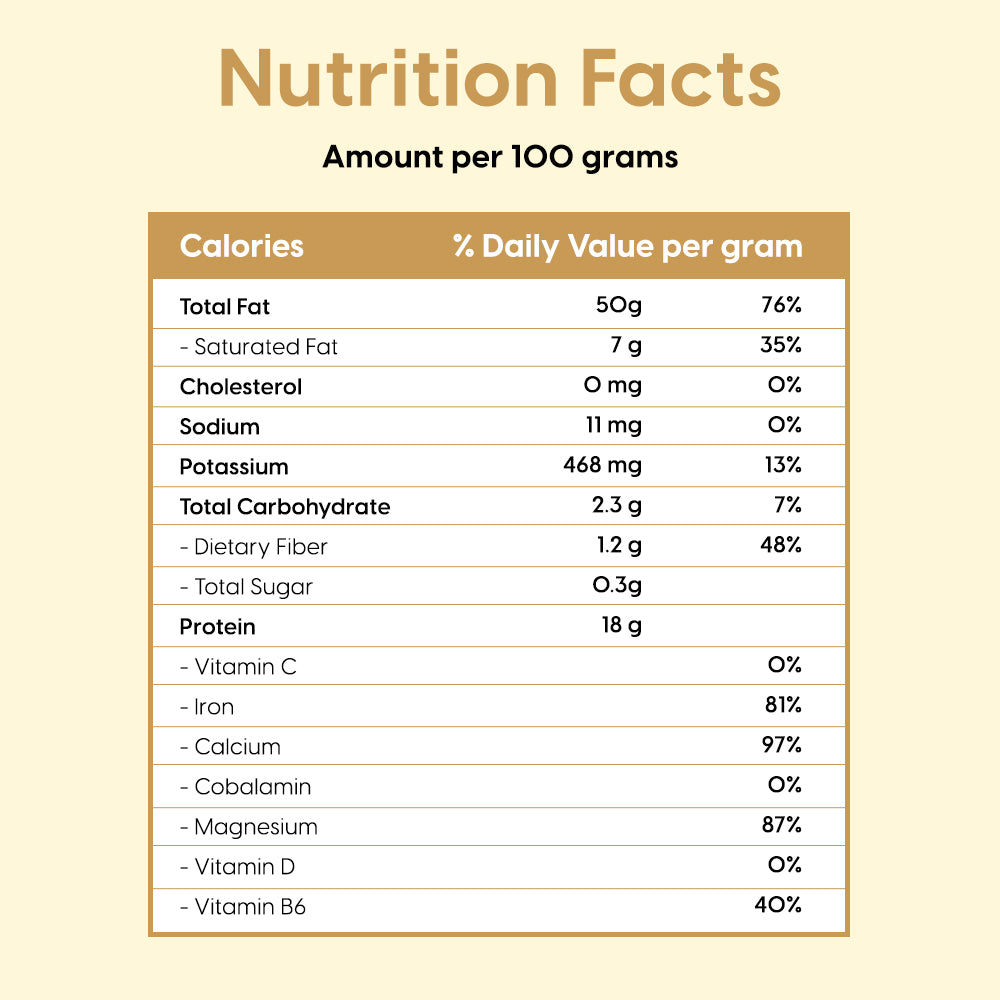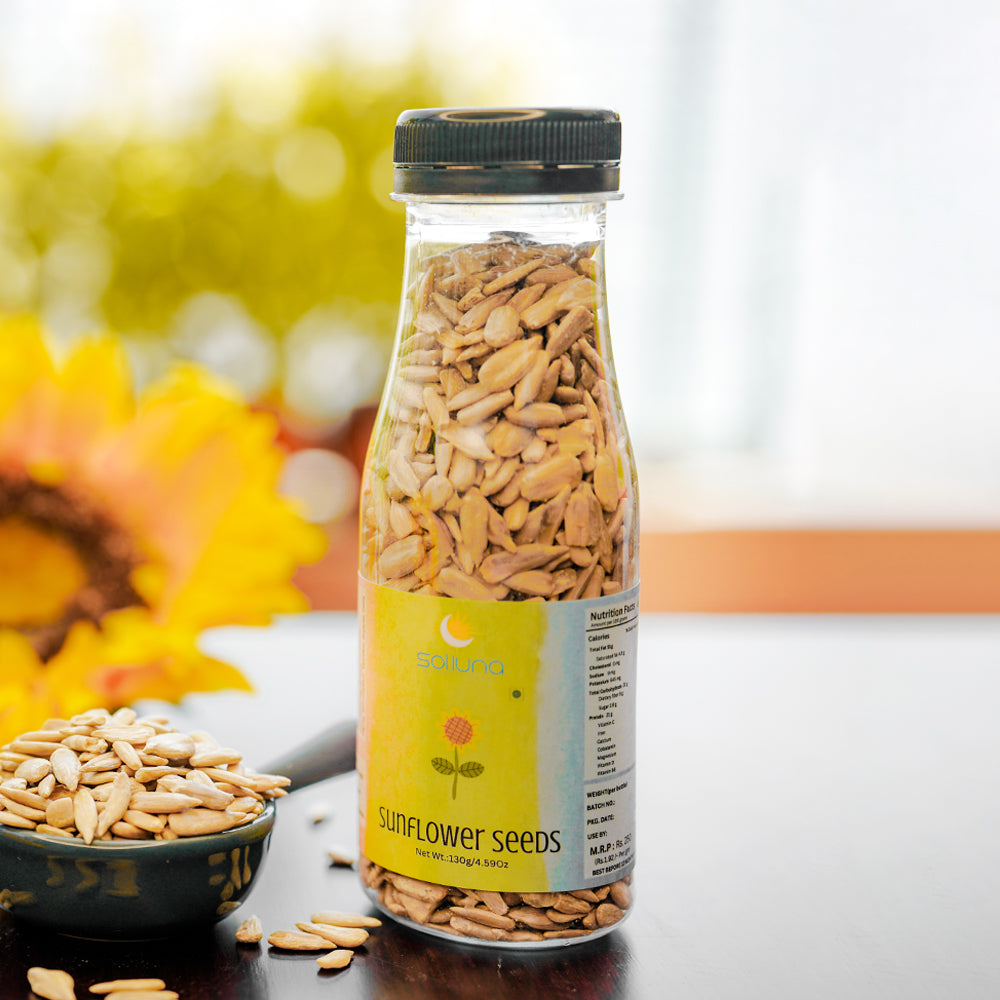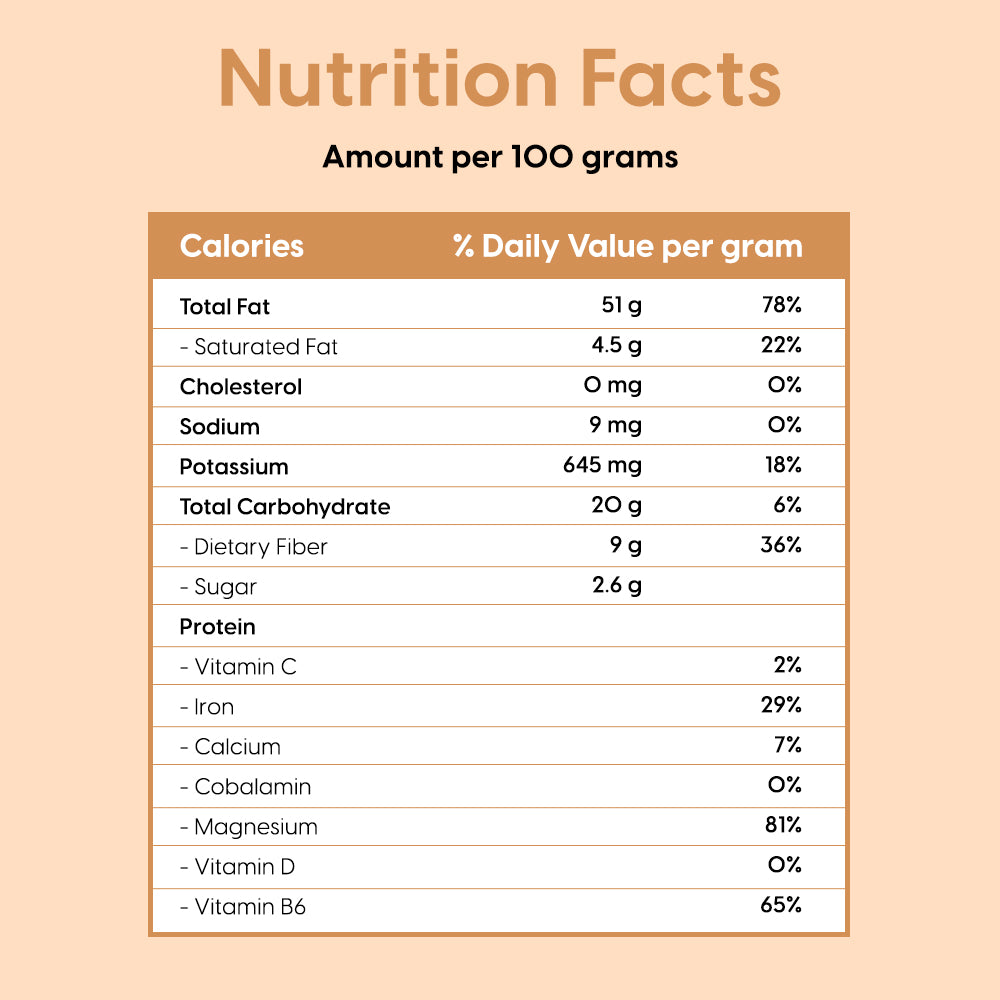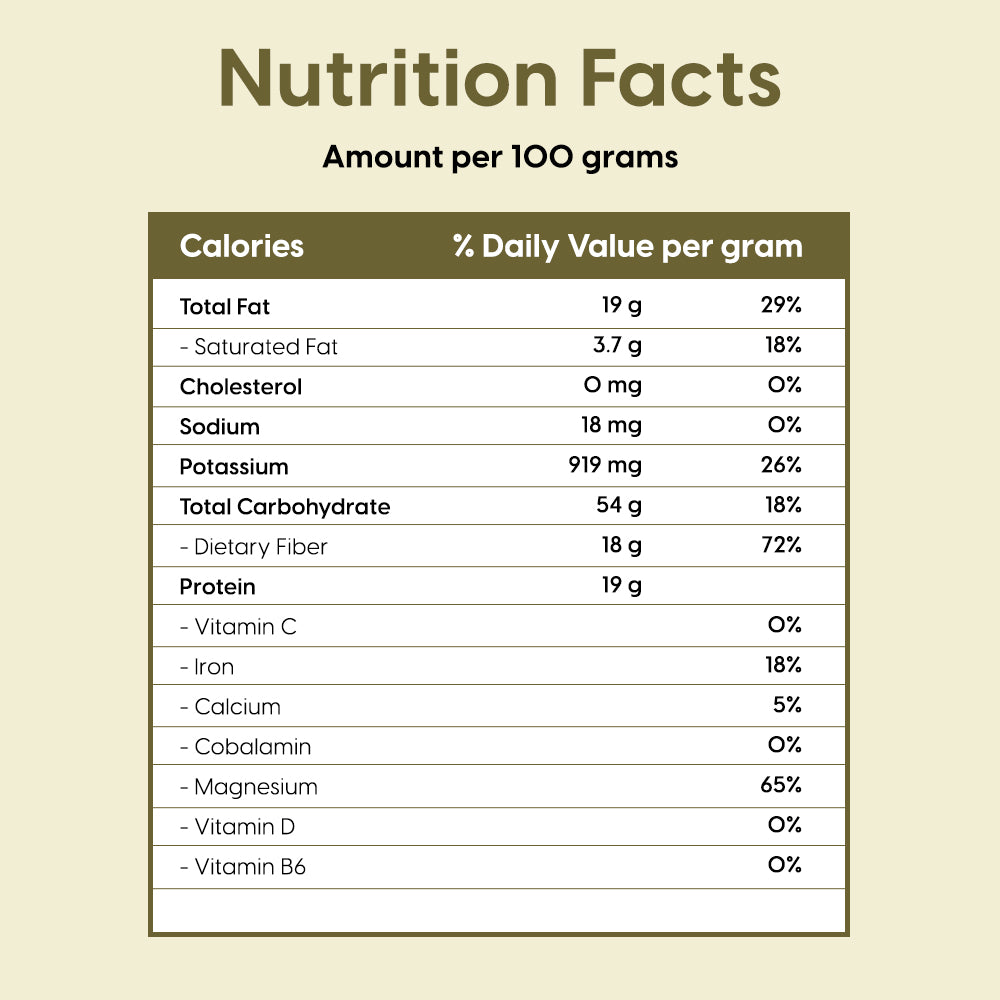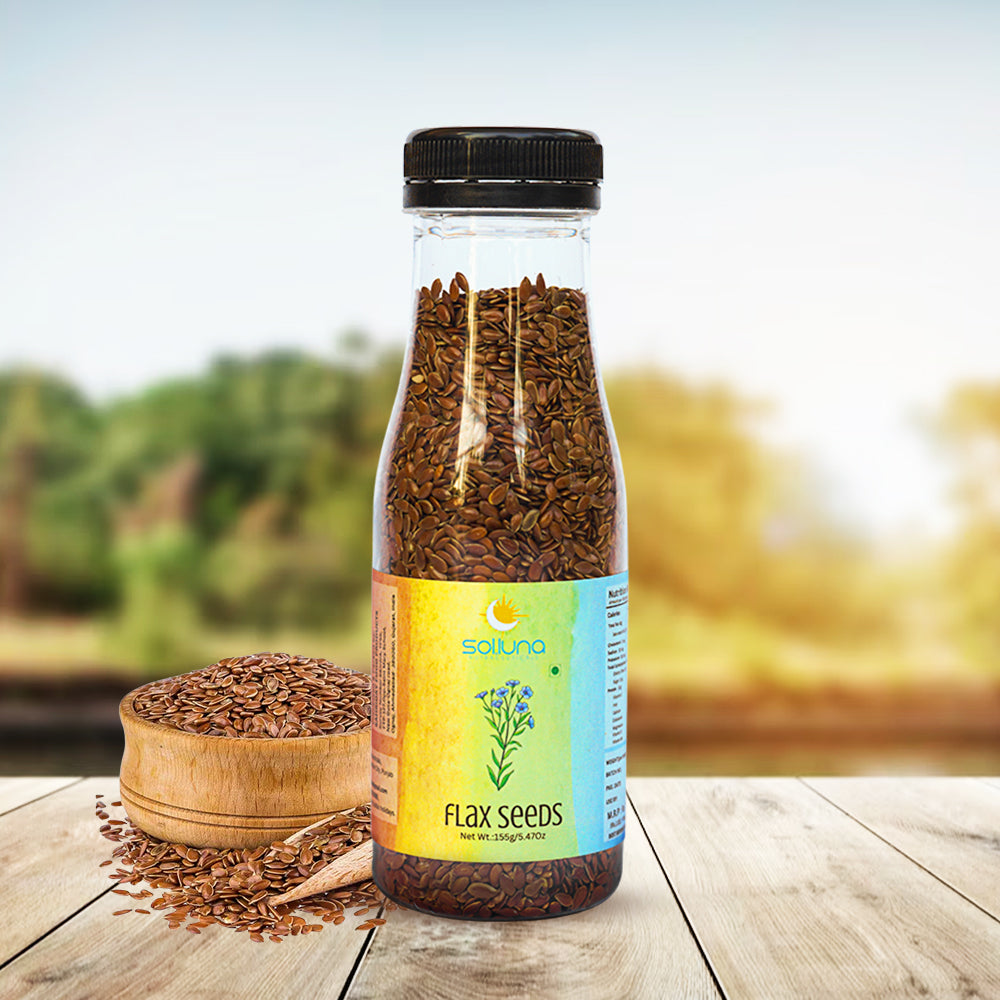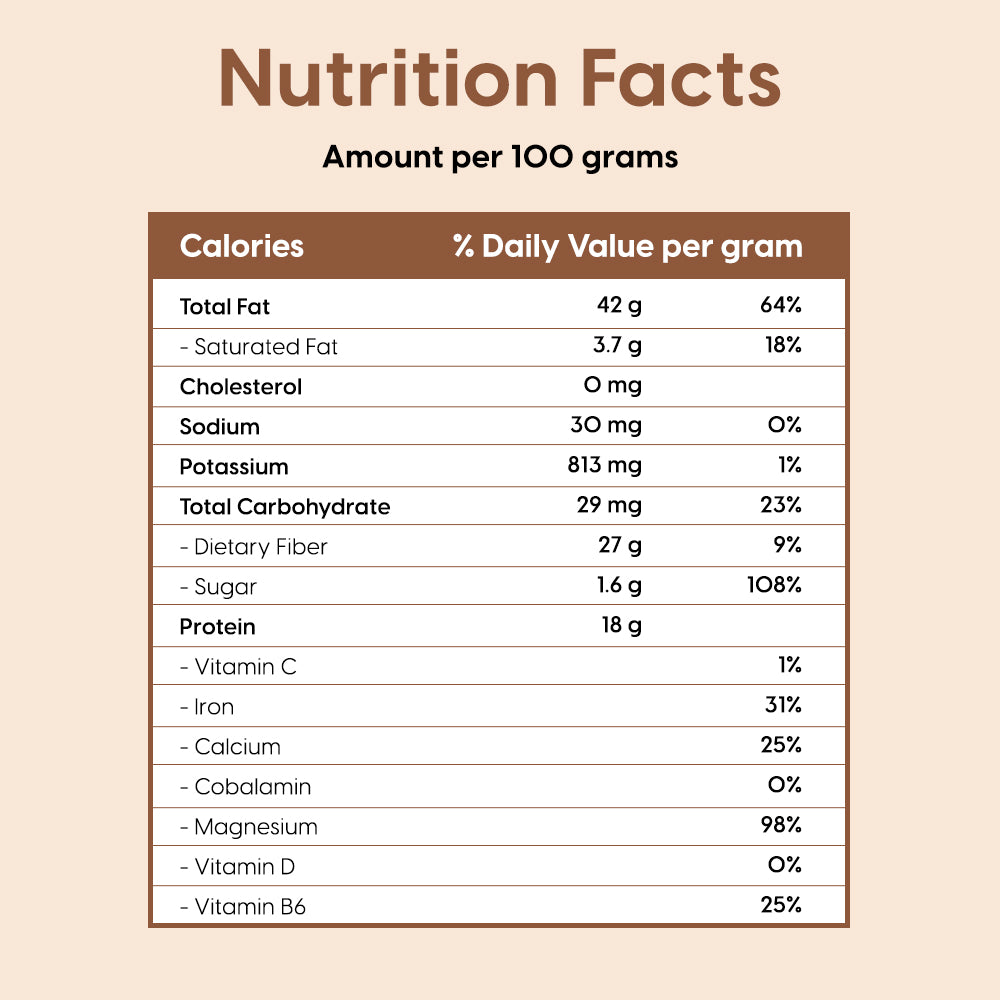#Frequently Asked Questions
1. How do chia seeds contribute to improved digestion?
Chia seeds are rich in soluble fiber, which absorbs water and forms a gel-like substance. This can help regulate bowel movements, promote a healthy gut, and alleviate constipation, contributing to improved digestion.
2. What makes chia seeds a nutritionally beneficial food?
Chia seeds are a nutritional powerhouse, containing essential nutrients such as omega-3 fatty acids, protein, fiber, vitamins, and minerals. Incorporating chia seeds into your diet can provide a wide range of nutrients for overall health.
3. How do the high antioxidant and fiber content in chia seeds benefit health?
The antioxidants in chia seeds help combat oxidative stress in the body, contributing to overall health. Additionally, the high fiber content supports digestive health, helps maintain healthy blood sugar levels, and may contribute to heart health.
4. Can chia seeds aid in weight loss?
Yes, chia seeds are often considered beneficial for weight loss. The soluble fiber in chia seeds absorbs water and expands in the stomach, promoting a feeling of fullness. This can help control appetite and reduce overall calorie intake, supporting weight management.
5. How can chia seeds be incorporated into a daily diet?
Chia seeds are versatile and can be easily added to various foods. Mix them into yogurt, oatmeal, or smoothies, or use them as a topping for salads and desserts. Chia seeds can also be combined with liquid to create a gel-like pudding for a nutritious and delicious snack.
6. Are there any considerations for consuming chia seeds, such as allergies or dietary restrictions?
Chia seeds are generally well-tolerated, but individuals with allergies to seeds should be cautious. It's advisable to start with small amounts and monitor for any adverse reactions. Additionally, as chia seeds absorb liquid, it's important to stay hydrated when consuming them to prevent any discomfort.
